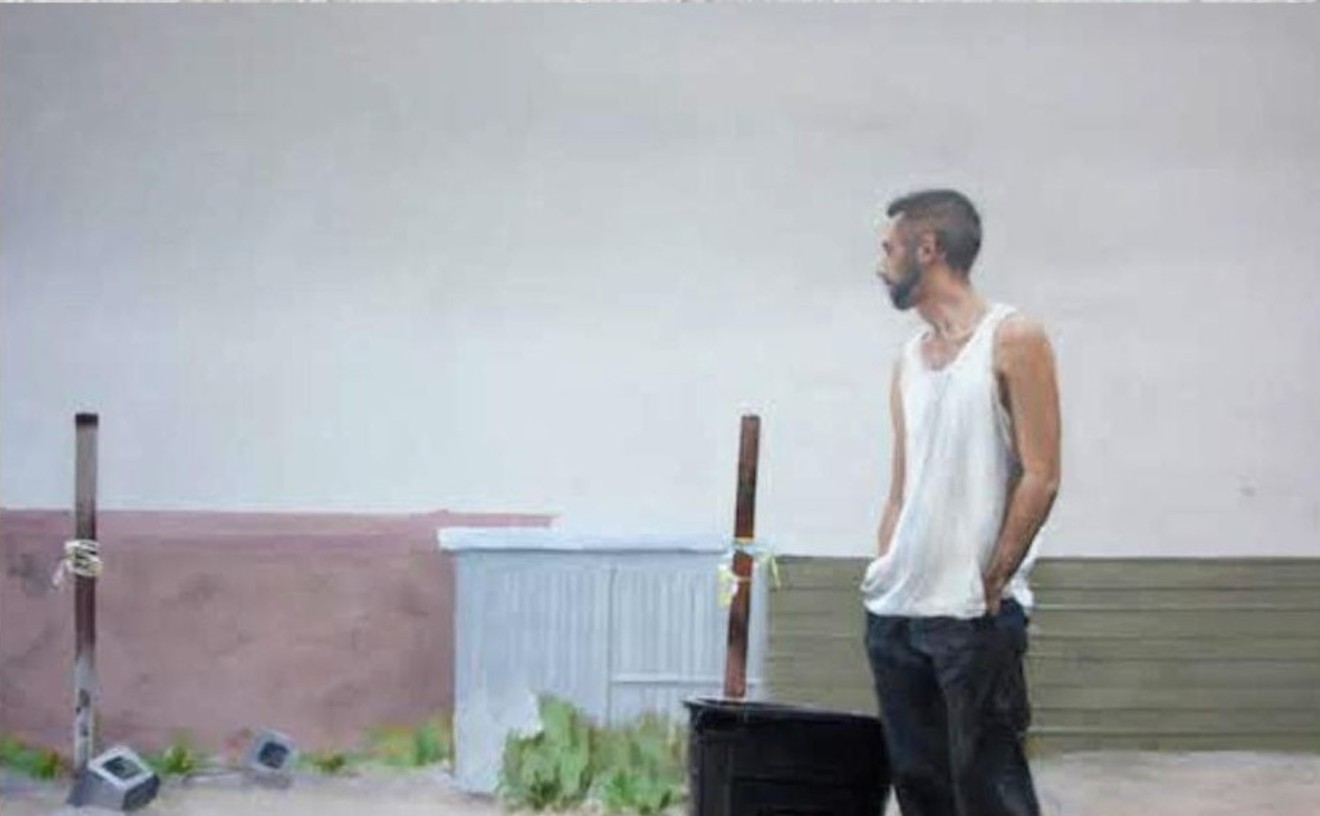Mason has directed a dozen Broadway productions that earned four Tony Awards, and is a five-time Tony nominee for Best Director (one of them for helming pal Lanford Wilson's Fifth of July, a student production of which is playing in rep with The Cherry Orchard). He co-founded the historic Circle Repertory Company, where his first productions were two versions of another Chekhov play, Three Sisters. And if he's going out with a whimper, it's for the best possible reason. Because while this Cherry Orchard is nearly impossible to watch (hey, Chekhov is no day in the park for most audiences, even when his work is performed brilliantly), it's because it's presented mostly by would-be thespians who've never before appeared in a 100-year-old Russian play directed by a Broadway legend. Mason could have bowed out with a star-studded Equity production (like the amazing Long Day's Journey Into Night with Ruth Reid he staged for Arizona Theatre Company a few years ago), but instead is saying farewell in a more magnanimous way: by sharing his love for Chekhov with his students and colleagues (the adult members of the cast are mostly other ASU professors) with The Cherry Orchard.
First presented by the Moscow Art Theatre in 1904, the play concerns the Ranevskys, an aristocratic Russian family that has fallen on hard times, in good part because of Madame Ranevsky, a flighty spendthrift who now faces the loss of her family's magnificent estate and cherry orchard. Burdened with debts, the family has only months before its estate will be auctioned. Family friend Lopakhin, a successful businessman whose father and grandfather worked as slaves for the Ranevskys, advises them to cut down the cherry orchard and build rental cottages there to pay off their debt. When they refuse, he buys the property himself, and the Ranevskys scatter.
Set in 1900, after the tsar's liberation of the serfs and before the Revolution, Chekhov's final play is, among other things, a meditation on classism in which nothing happens -- a construct meant to show, according to Mason's director's notes, "how boring real life was in Russia."
Mason's gentle pacing here is perfect, and Connie Furr-Soloman's costume designs are superb -- she's crowded the stage with dark mourning coats and brocaded evening dresses and period millinery. But neither the costumes nor Mason himself can act for the cast, more's the pity. With a couple of exceptions, this is very much a student production of The Cherry Orchard, one filled with vague performances by young people who are still learning their craft. The handful of veterans in the cast provide little help, although David Vining -- as grouchy old Firs, an aged servant who longs for the "good old days" -- endows his scenes with a mournful sincerity that's light-years away from the other performances. Ultimately, this is a long, lightly acted production of a subtle, slow play. But seen as something other than an evening's entertainment -- perhaps as a valentine to his students, or as a kind of full-circle salute to his career -- Mason's farewell production is a success.
E-mail [email protected]










